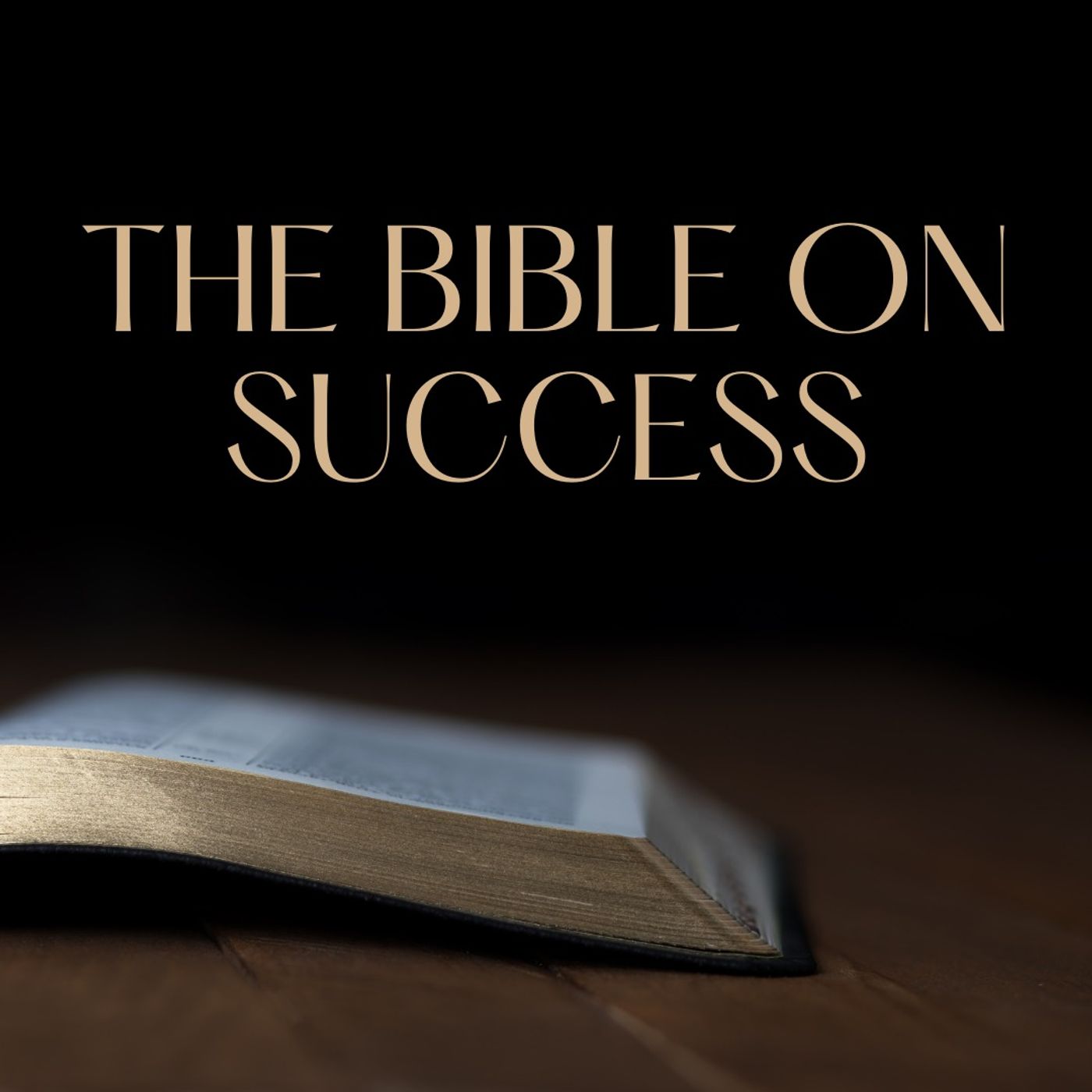The Road To Financial Freedom
Faith & Finance with Rob West
It’s the 4th of July—the day we celebrate our nation’s independence. It’s also a great day to take stock of your financial independence. Either you control your money or your money controls you. We’ll talk about that today on Faith and Finance.

Show Notes
It’s the 4th of July—the day we celebrate our nation’s independence. It’s also a great day to take stock of your financial independence. Either you control your money or your money controls you. We’ll talk about that today on Faith and Finance.
INDEPENDENCE FROM FINANCIAL BONDAGE, NOT FROM GOD
When we talk about financial freedom or independence, we are definitely not talking about independence from God. He owns everything and provides everything we need to live and serve His kingdom.
James 1:17 reads, “Every good gift and every perfect gift is from above, coming down from the Father of lights, with whom there is no variation or shadow due to change.”
Even our ability to earn money comes from God. Deuteronomy 8:18 tells us, “You shall remember the Lord your God, for it is he who gives you power to get wealth, that he may confirm His covenant that he swore to your fathers, as it is this day.”
Now, to be sure, God wants you to be financially free, because that allows you to be more generous and to serve Him more fully. Sadly, folks often say they’d love to give more to God’s kingdom, but they just can’t afford to.
WARNING SIGNS
How do you know if you’ve made a wrong turn somewhere? Look for a signpost that says, “debt.” The greater your debt, the less freedom you have. Proverbs 22:7 puts it rather bluntly, “The rich rule over the poor, and the borrower is the slave of the lender.”
You Might Also Like

January 23, 2026
The Bible On Success
What does the Bible say about success? Rob West warns your idea of success may be different than God's!...
January 23, 2026
Why Tracking Your Generosity Matters with Dr. Art Rainer
Most people, when asked about their biggest financial regret, will point to mistakes involving debt, missed investment o...

January 22, 2026
Balancing Gold in a Diversified Portfolio
Gold has always captured people’s attention—especially in uncertain times. Rob West shares the dangers and benefits of a...